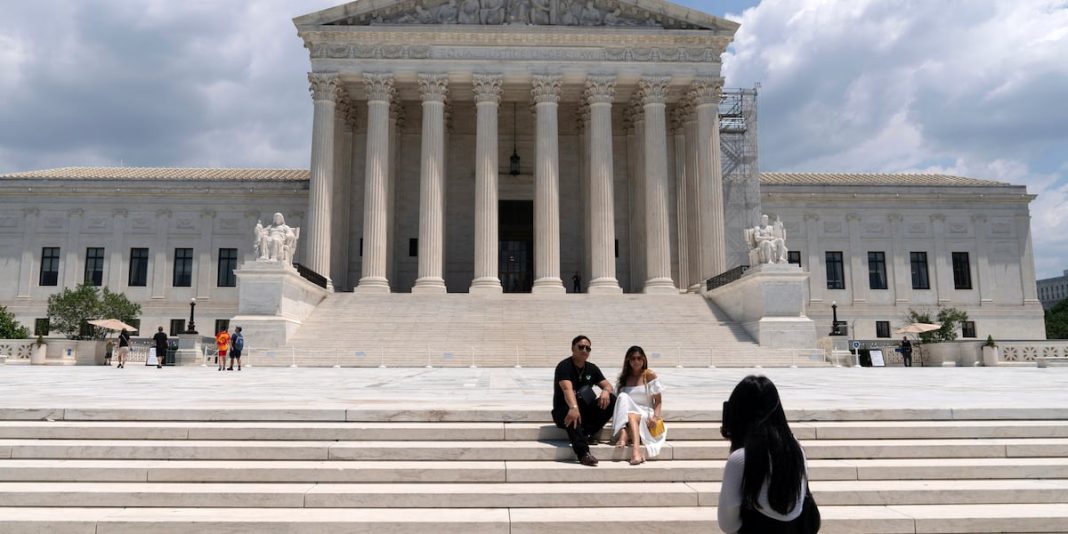Supreme Court to Hear Case of Truck Driver vs. CBD Company Over Failed Drug Test
In a case that could reshape the landscape of consumer protection and corporate accountability, the Supreme Court is set to hear arguments on Tuesday involving a former truck driver who lost his job after failing a drug test linked to a CBD product. Douglas Horn, the driver in question, claims he was misled by the product’s advertising, which assured customers that it contained no THC—the psychoactive compound found in marijuana that can trigger positive drug tests.
Back in 2012, Horn turned to CBD, or cannabidiol, in hopes of finding relief from chronic pain. He believed he was making a safe choice, especially since the product was marketed as THC-free. However, when Horn underwent a routine drug test mandated by his employer, he was shocked to learn he had failed. Despite his insistence that he had never used marijuana, the failed test cost him his job, leaving him to navigate the complexities of both his health and his livelihood.
Determined to seek justice, Horn took matters into his own hands. He ordered more of the same CBD product and sent it to a lab for independent testing. The results were alarming: the lab detected THC in the product, contradicting the company’s claims. Armed with this evidence, Horn filed a lawsuit against Medical Marijuana Inc. under the Racketeer Influenced and Corrupt Organizations Act, commonly known as RICO. While RICO is typically associated with organized crime, it also allows for civil suits in cases of fraud.
Brian Wolfman, a legal expert from Georgetown Law, explains that the civil aspect of RICO is broader than many might think. "It covers a lot of what we would consider, for lack of a better term, common law fraud," he said. This means that if a company misrepresents its products and causes harm, consumers may have a legal avenue to seek redress.
However, the CBD company argues that Horn’s case is simply a personal injury claim, which a district judge previously ruled falls outside the scope of RICO. Yet, an appeals court sided with Horn, allowing the case to move forward to the highest court in the land.
The implications of this case extend far beyond Horn’s personal situation. If the Supreme Court rules in his favor, it could open the floodgates for similar lawsuits against companies that mislead consumers about their products. Wolfman notes, "One might say that the injuries initially have their origins in personal injuries, but if they harm people in their business or property, as they might do again in Mr. Horn’s case, you have a remedy under RICO."
As the nation watches, the Supreme Court’s decision could redefine the boundaries of consumer rights and corporate responsibility in the burgeoning CBD market. For Horn, it’s not just about reclaiming his job; it’s about holding companies accountable for their claims and ensuring that consumers can trust the products they purchase. The outcome of this case could set a precedent that resonates across various industries, making it a pivotal moment in the ongoing conversation about cannabis, consumer safety, and corporate ethics.



